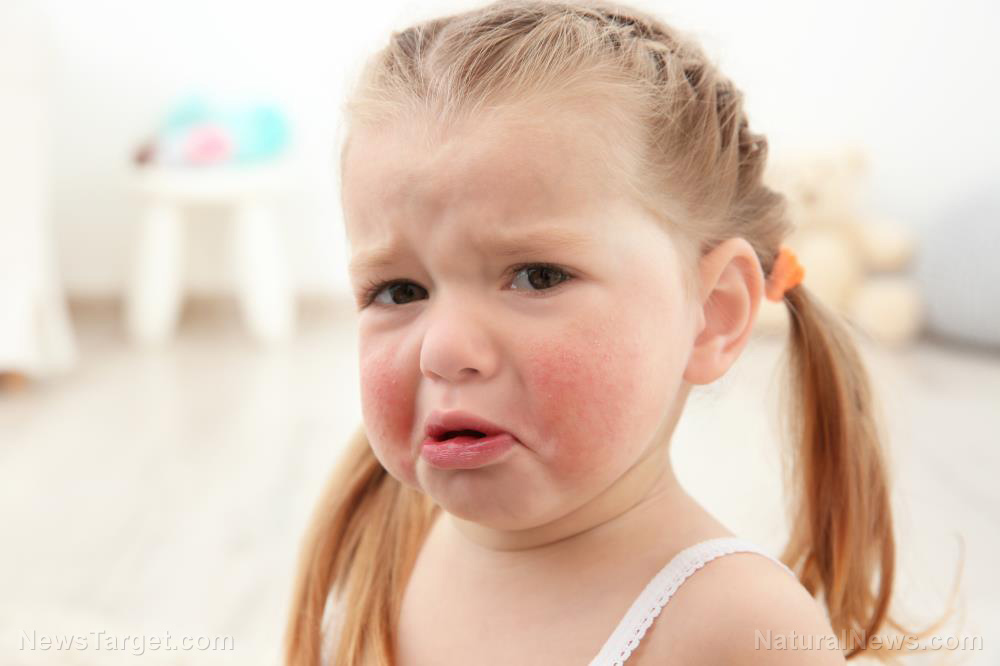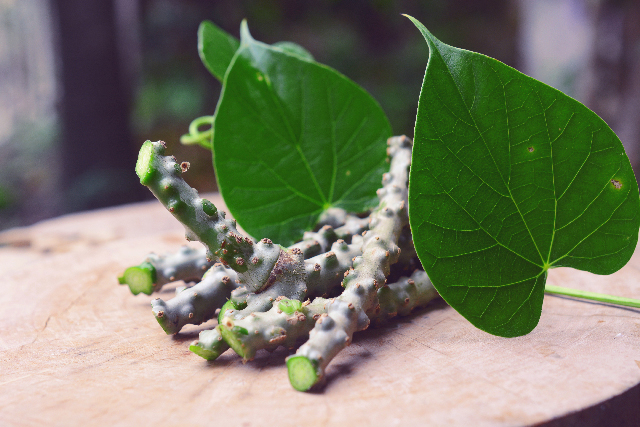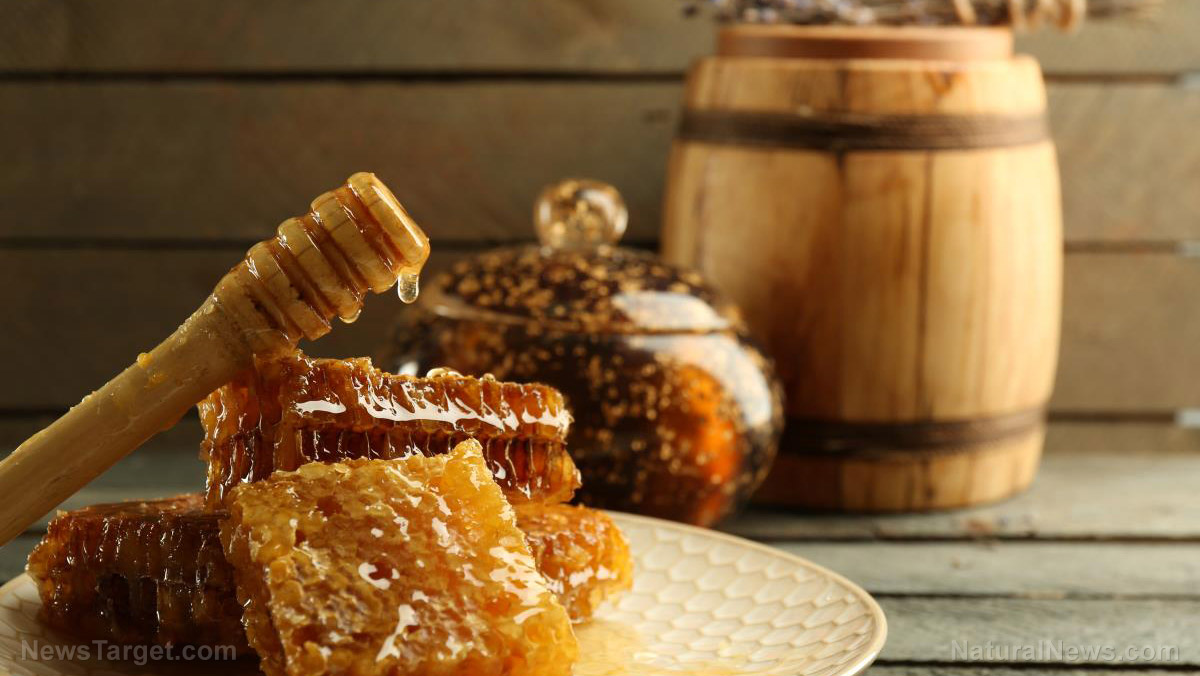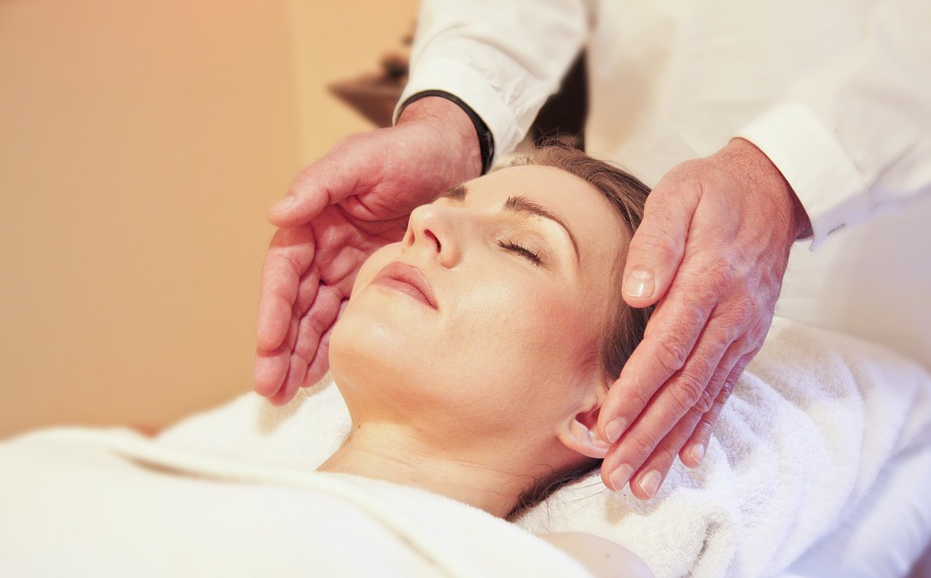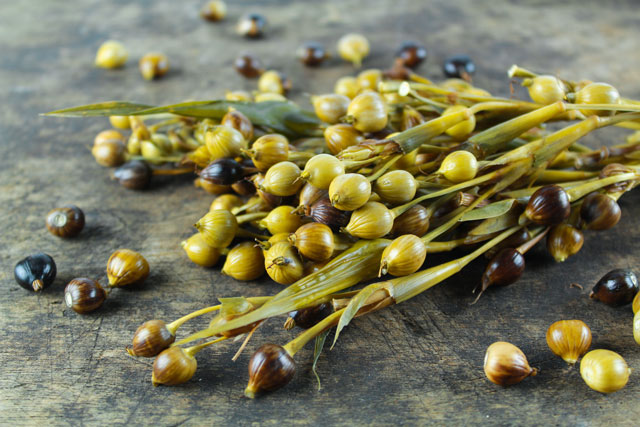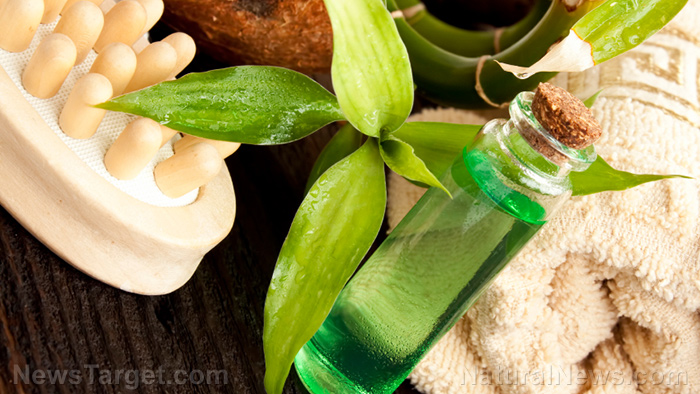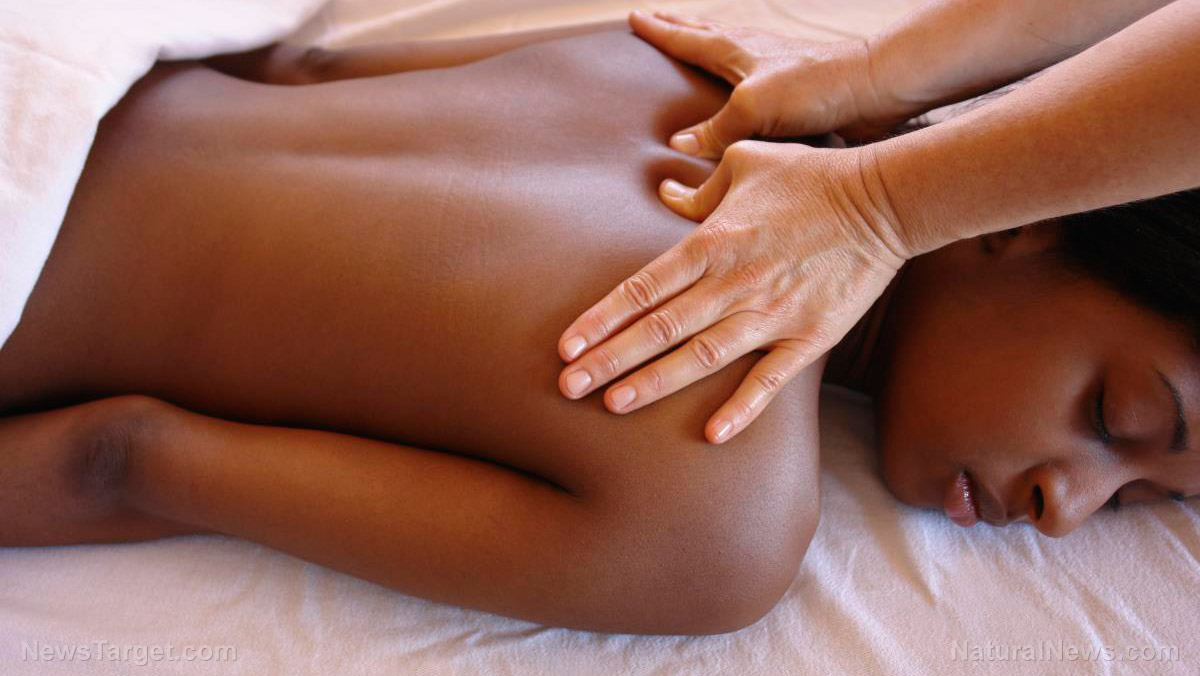Shepherd’s purse alleviates heavy menstrual bleeding
11/03/2018 / By Michelle Simmons
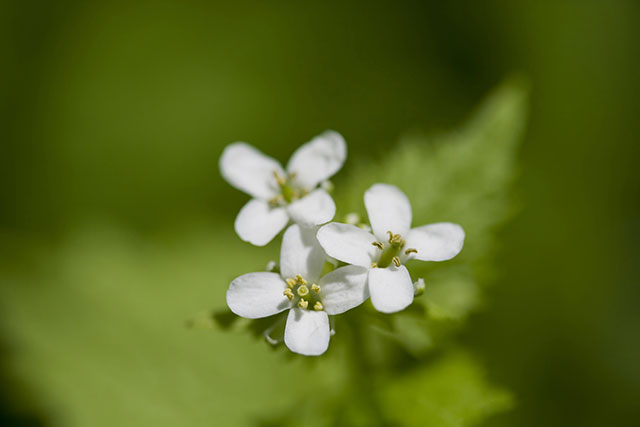
A study published in The Journal of Alternative and Complementary Medicine has found that the extract of shepherd’s purse (Capsella bursa-pastoris) is an effective way to reduce heavy menstrual bleeding.
- Heavy menstrual bleeding is one of the leading causes of poor quality of life and iron deficiency anemia in women.
- Researchers from Shahid Beheshti University of Medical Sciences, Islamic Azad University, and Qom University of Medical Sciences in Iran aimed to determine the effect of hydroalcoholic extracts of shepherd’s purse on heavy menstrual bleeding.
- For the study, they recruited 84 women with a medical history of heavy menstrual bleeding.
- The participants were then divided into two groups: an experimental group and a control group.
- They received a pictorial blood loss assessment chart (PBLAC) to verify heavy menstrual bleeding during the menstrual cycle.
- The experimental group received two capsules of mefenamic acid every eight hours and two shepherd’s purse capsules every 12 hours.
- On the other hand, the control group received mefenamic acid and placebo.
- The intervention period began from the first day of menstruation to the end of this period up to one week for two consecutive cycles.
- The researchers then measured t
- he PBLAC score and number of bleeding days, the incidence of any potential problems, and participant satisfaction.
- The researchers saw a significant reduction in the amount of menstrual bleeding in both groups, but the mean reduction in the amount of bleeding was significantly more in the shepherd’s purse group.
The researchers concluded that the hydroalcoholic extracts of shepherd’s purse capsule may be an effective way to reduce menstrual bleeding.
To read more studies on women’s health, visit WomensHealth.news today.
Journal Reference:
Naafe M, Kariman N, Keshavarz Z, Khademi N, Mojab F, Mohammadbeigi A. EFFECT OF HYDROALCOHOLIC EXTRACTS OF CAPSELLA BURSA-PASTORIS ON HEAVY MENSTRUAL BLEEDING: A RANDOMIZED CLINICAL TRIAL. The Journal of Alternative and Complementary Medicine. 1 July 2018; 24(7). DOI: 10.1089/acm.2017.0267
Tagged Under: alternative medicine, Capsella bursa-pastoris, heavy menstrual bleeding, herbal medicine, Herbs, menstruation, natural cures, natural medicine, remedies, shepherd's purse, women's health



